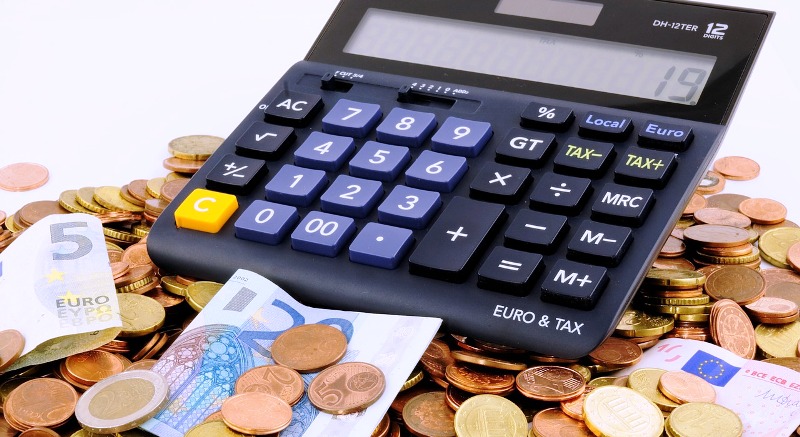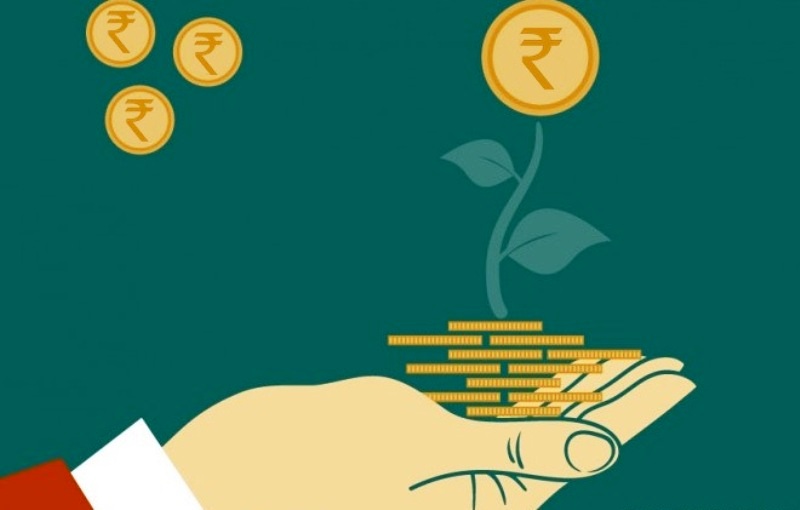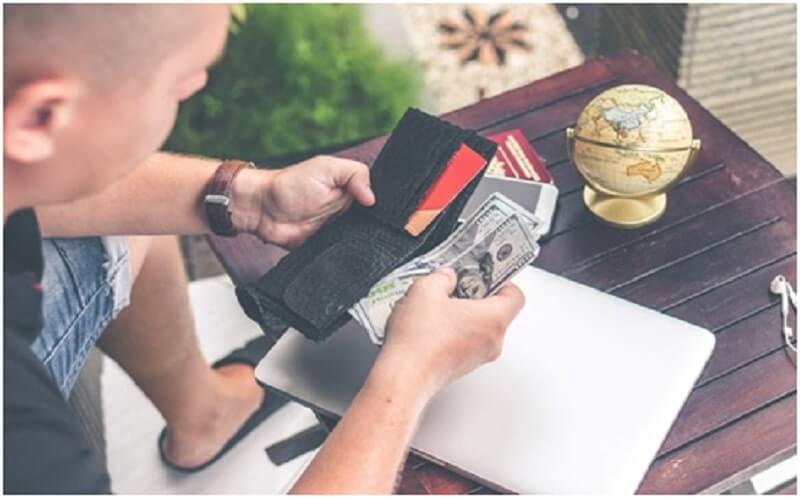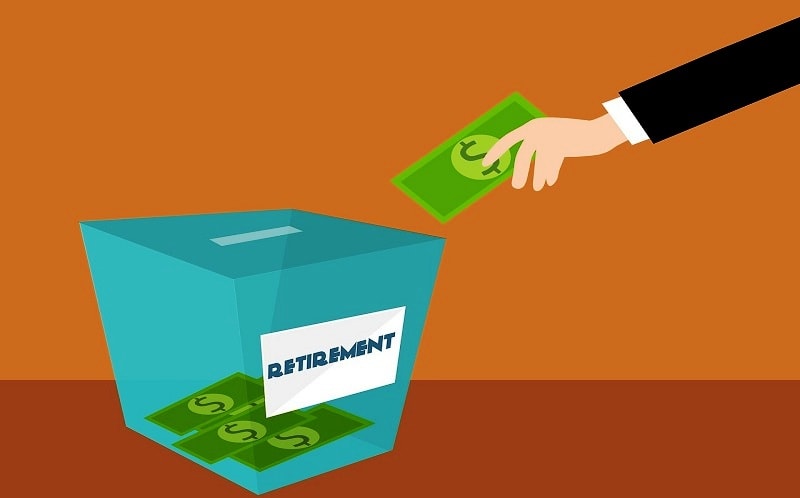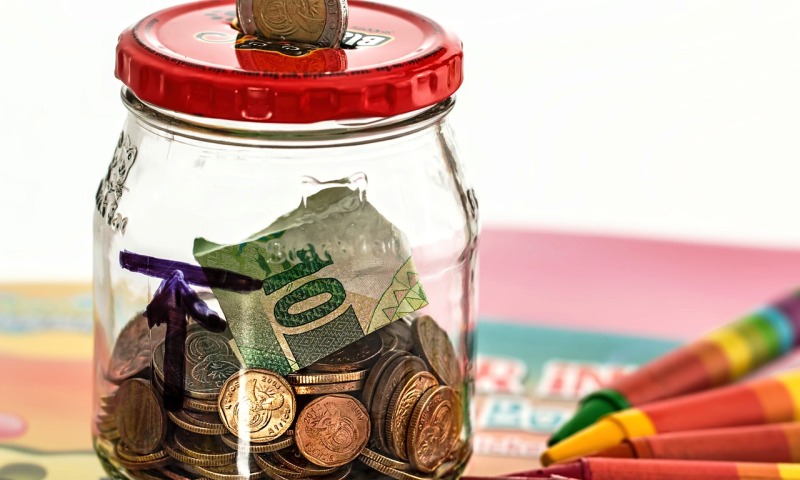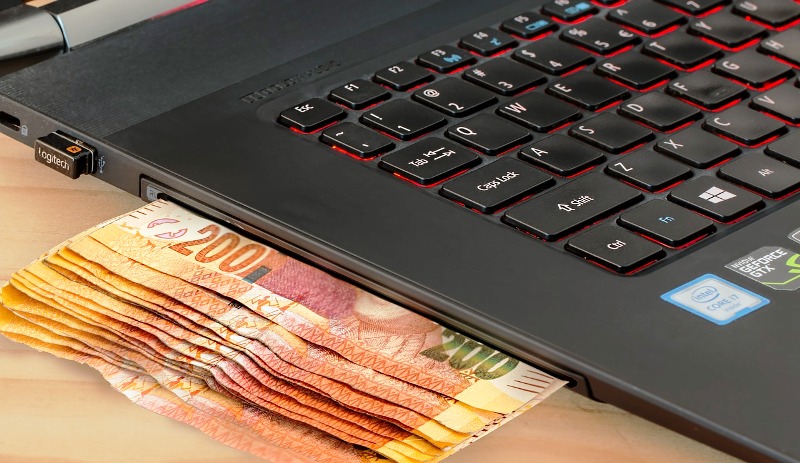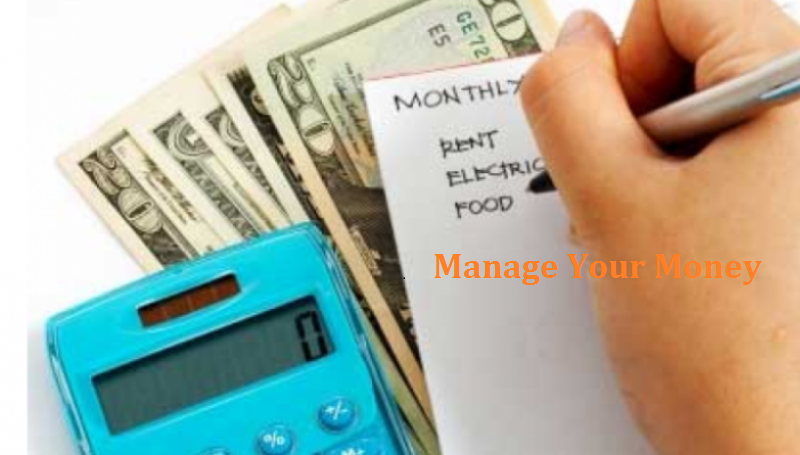Money saving has always been a way of life for the thrifty. They spend with common sense to save money and create good financial stability and a better future. Today, most people are finding it increasingly difficult to save. With the high cost of necessities and modern needs, saving becomes more and more difficult, especially since the salary is not enough to pay all the expenses of the family.
Everyone would like for Money saving, whether it is to have a little cushion or to pay for a nice vacation or something else that is important to us. Yet, we often have the impression that money is coming out of our bank account faster than it enters, even when we think we are paying attention. To help you put a few dollars away without thinking too much, today we will discuss here some basic rules that you should put into practice!
Keep your coins yellow
Here is a little compelling calculation: set aside 0.50$ every day. In a single year, that’s almost 40% of a 500$ emergency fund.
Monitor your expenses
At least once a month, take the time to sit down and carefully peel your bank statements. Analyze all your expenses to see if they are really necessary.
Wait 2 days before making a major purchase
To avoid buying unnecessary things, wait 48 hours before making the purchase. This is a good tip for not having regrets. And, instead of having made a useless expense, why not think about it twice?
Avoid bank card fees
If you use a credit card, limit your purchases to what you can repay before the end of the month. It saves you from having to pay exorbitant interest rates. If you use a bank card, your bank surely allows you to have an overdraft. It is convenient for troubleshooting, certainly. But lose the bad habit of depending on this discovery. It will save you from paying back hefty sums.
Set a budget
Looking for an effective way to budget? Here’s how to do it – keep all your receipts for 1 whole month. At the end of the month, analyze the expenditures made. It will immediately give you an overview of your expenses.
Buy in bulk
Many non-perishable goods can be purchased in bulk, either in Costco style stores requiring a membership card or in super specials in your usual grocery stores. Then line up your tablets with cleaning products, toilet paper, and paper towels, basic body care products, tin cans, pasta and rice, non-refrigerated juices, oils, etc. Stock up on these products when prices are the lowest.
Monitor your expenses
Most people do not monitor their expenses at all. As a result, they spend more than their budget allows. Here is the solution to monitor your expenses closely: simple envelopes. Set a budget for each of your expenses: transportation, shopping, entertainment, etc. Then put the money you need for each expense in envelopes. It’s a safe and convenient way to avoid exceeding your budgets. Moreover, it allows you to set aside the money you did not spend at the end of the month.
Avoid restaurant meals
Make your lunch, and bring to the tea room or even your mini-coffee machine to save on the expensive (and very bland) coffees of the machine next to the elevator and lunch from the takeaways.
Evaluate if you can afford a purchase
Here is an excellent method to determine if we can really afford a luxury purchase. Set aside the amount you usually spend for a little pleasure. For example, you buy something that makes you happy (1 pack of cigarettes, 1 bottle of wine or 1 pack of beer). Set aside (in a jar for example) exactly the same amount you spent on this purchase. If you can’t afford the “jar amount”, it is very likely that you can’t afford that good bottle of vintage wine.
Rate the price of things in hourly wages
Take the price of an item that interests you and divides it by your hourly wage. For example, a pair of shoes costs 60$ and you earn 10$ per hour. Are these shoes really worth 6 long hours of your work? It puts things in perspective.
Focus on short-term savings
You are more likely to save money if your goal is short-term. It makes sense: setting aside $10 per week seems immediately easier to achieve than setting aside $500 per year.
Buy wholesale on the internet
Several suppliers and online stores offer delivery charges if the order exceeds a certain amount. Take advantage of this offer by ordering promotional items and non-perishable items. It saves time and money.
Conclusion:
So, to sum up, we can say that to save money and get rich, we must live a little below our means. Live so you do not spend all you earn and keep some that you can save. Saving money is not as difficult as it sounds. Of course, you can’t put money aside without making some changes, but when you can finally pay the bigger purchase of your dream or for your child’s education you certainly will not regret your small sacrifices, and even be tempted to pay more attention to the future!




